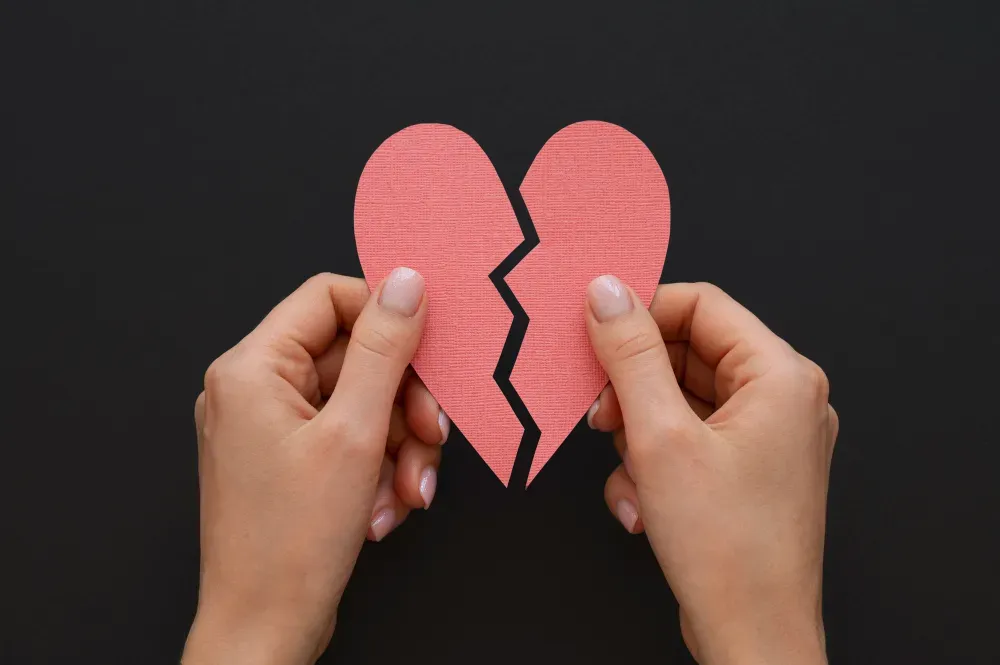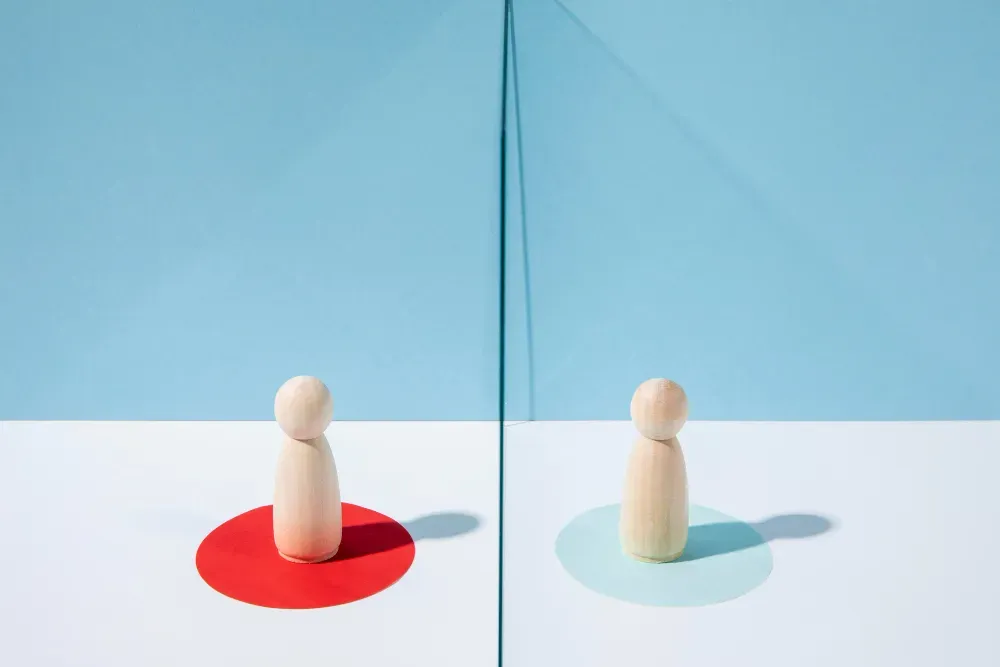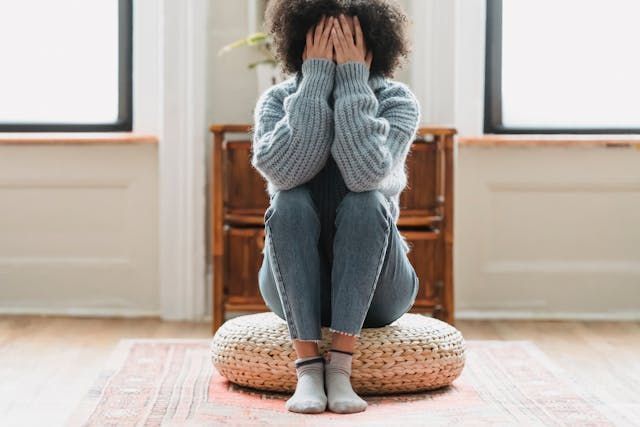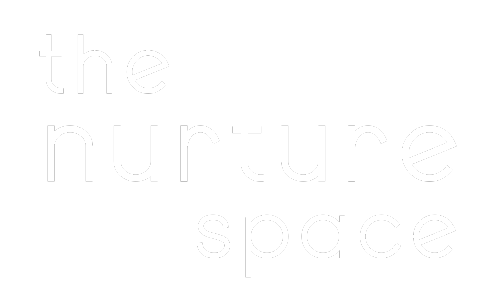Falling Out of Love: 10 Signs You Should Know
Love, in its early days, often feels like a fairytale.
Remember those butterflies? The endless conversations that stretched into the early hours? The shared dreams and unwavering support? It's a heady mix, a whirlwind of emotions that makes you feel invincible.
But, as time passes, the fairytale can fade. The initial euphoria gives way to the realities of life, and sometimes, the pages of your love story start to tell a different tale. It's a painful truth that many couples face: the slow, creeping realisation that they're falling out of love.
While this realisation can be devastating, understanding the signs and seeking support can lead to healing and a path towards a brighter future, whether together or apart.
1. Lack of Emotional Connection
Remember when you couldn't wait to share every thought and feeling with your partner? When you felt truly seen and heard? If that deep emotional connection is now a distant memory, replaced by shallow conversations and a sense of isolation, it's a red flag.
You may find it difficult to open up, or feel like your partner no longer understands you. This growing emotional detachment can leave you feeling lonely, even when you're physically together.
What does emotional detachment look like in a relationship?
- Conversations become less frequent, less meaningful, and may feel forced or superficial. You might find yourselves talking only about logistics or day-to-day tasks, avoiding deeper discussions about your feelings, dreams, or fears.
- You stop asking about each other's day, or you do so out of obligation rather than genuine curiosity. You might not feel excited about their accomplishments or concerned about their challenges.
- You might struggle to share your feelings with your partner, or you might feel like they don't truly listen or validate your emotions. This can lead to bottling up your feelings, which can create further distance.
- Even when you're in the same room, you might feel a deep sense of loneliness. You might feel like you're living separate lives, even though you're in a relationship.
2. Decreased Physical Intimacy
Physical intimacy, including affectionate gestures, hugs, kisses, and sexual activity, plays a crucial role in maintaining a healthy relationship. A decline in these expressions of love can signal deeper emotional issues. If you or your partner are consistently avoiding physical contact or feeling less attracted to each other, it could be a warning sign that the emotional connection is weakening.

3. Constant Arguments and Conflict
While occasional disagreements are inevitable in any partnership, a relationship characterized by persistent arguments and conflicts signals a serious underlying issue. It suggests a breakdown in communication, a lack of respect, and a growing resentment between partners.
How does constant conflict manifest?
- Frequency. Arguments occur with alarming regularity, often over trivial matters. Every conversation seems to turn into a battleground. For example, a simple request to take out the trash might escalate into a heated debate about household responsibilities, leaving both partners feeling unappreciated and resentful.
- Intensity. Disagreements are heated, emotionally charged, and often escalate quickly. There's a lack of control and a tendency to resort to personal attacks or hurtful words. A forgotten anniversary, for instance, might trigger accusations of neglect and a spiral into past grievances, leaving both partners feeling hurt and misunderstood.
- Resolution. Issues are rarely resolved amicably. Conversations end in stalemates, with both partners feeling unheard and unvalidated. There's a lack of compromise and a refusal to see the other's perspective. Planning a weekend activity might become a constant source of friction, with neither partner willing to budge from their desired plans, resulting in frustration and disappointment.
- Resentment. The accumulation of unresolved conflicts breeds resentment. Each argument leaves a bitter aftertaste, eroding the foundation of love and trust. A seemingly harmless comment on social media might spark a jealous outburst, leading to accusations and mistrust, further damaging the relationship.
- Avoidance. In some cases, constant conflict leads to avoidance. Partners may start to withdraw from each other, fearing that any interaction will ignite another argument. This avoidance further deepens the emotional disconnect. The silent treatment after a disagreement, for instance, can create a chilling distance, leaving both partners feeling isolated and disconnected.
4. Lack of Shared Interests
Shared interests and activities are like the threads that weave couples together. They offer chances to experience things together, laugh, and connect on a deeper level. It's completely natural for individuals in a relationship to have their own hobbies, but when there's a complete absence of activities you both enjoy, it can signal a growing distance between you.
A relationship without shared interests can start to feel empty and unsatisfying. It can lead to feelings of loneliness, boredom, and unhappiness. Over time, this disconnect can weaken the emotional bond between partners.
5. Feeling Bored or Unfulfilled
Remember those early days when every moment spent together was exciting and filled with joy? When that spark starts to fade, and you find yourself feeling bored or unfulfilled in the relationship, it's crucial to pay attention. This sense of stagnation can lead to seeking excitement elsewhere, whether through fantasies or real-life encounters.

6. Fantasising About Other People
Occasional thoughts about other people are normal, but frequent fantasies or comparisons can signal dissatisfaction with your current relationship. If you find yourself constantly thinking about being with someone else or comparing your partner to others unfavourably, it's time to examine the underlying issues in your relationship.
7. Avoiding Spending Time Together
Making excuses to avoid spending time with your partner, preferring solitude or the company of others, can be a subconscious way of distancing yourself emotionally and physically. If you find yourself dreading spending time together or constantly seeking ways to escape the relationship, it's a clear sign that something is amiss.
8.Lack of Support and Encouragement
A healthy relationship involves mutual support, encouragement, and a genuine interest in each other's dreams and aspirations. If you feel like your partner doesn't believe in you, shows little interest in your accomplishments, or fails to offer support during challenging times, it can lead to resentment and a sense of being alone in the relationship.
9. Feeling Resentful or Bitter
Holding onto past hurts, unresolved conflicts, and grudges can fester and create a toxic atmosphere of resentment and bitterness. These negative emotions can erode the foundation of love and trust, making it difficult to move forward and rebuild a healthy connection.
10. Loss of Hope for the Future
A shared vision for the future is a key ingredient in a thriving relationship. If you find it difficult to imagine a future with your partner, or if the thought of growing old together fills you with dread, it's a strong indication that the relationship is in trouble.
Seeking Help: Marriage Counselling as a Lifeline
Facing the possibility that you're falling out of love can be heartbreaking. It's a tough truth to confront, but it also takes a lot of courage to acknowledge it. Remember, it's okay to not be okay. And it's definitely okay to ask for help.
Reaching out to a marriage counselor can be a lifeline in these difficult times. It offers you and your partner a safe and supportive space to talk openly about what you're going through, without judgment.
Here's how a therapist can help:
- Open Up the Lines of Communication: Learn how to really talk to each other, express your needs and worries without blaming or hurting one another.
- Reignite the Spark: Discover ways to bring back that emotional and physical closeness, to rediscover the joy of being together.
- Face the Past, Heal the Present: Work through any unresolved issues or old wounds that might be keeping you from connecting.
- Rebuild Trust and Connection: Find ways to rebuild trust, create a safe space for each other, and deepen your emotional bond.
- Make Choices with Clarity: Decide, with guidance and support, whether you want to work on your relationship or move forward separately, but with kindness and understanding.
Remember, seeking help doesn't mean your relationship is doomed. It means you're both brave enough to face the challenges and find a path towards a happier future, whether that's together or apart.
The Bottomline
Recognising these signs doesn't mean your love story is over. It simply means you've reached a crossroads. The path forward might involve rediscovering the love you once shared, or it might lead you to a place of acceptance and healing, where you can create a brighter future, individually or together.
The journey won't be easy, but it's a journey worth taking. After all, isn't the pursuit of happiness, whether within a relationship or on your own, the most important pursuit of all? Let's discuss how you can handle this challenging time and find your path to happiness.
Book a free consultation with me to explore your options.
Frequently asked questions
Is it normal to fall out of love?
Yes, it's common for feelings to change over time. Relationships evolve, and what was once passionate can become more complex.
How to tell if it's a rough patch or falling out of love?
A rough patch usually involves specific issues, while falling out of love often feels like a deeper emotional shift with a loss of connection.
Should I end the relationship if I'm falling out of love?
Describe the item or answer the question so that site visitors who are interested get more information. You can emphasize this text with bullets, italics or bold, and add links.How to talk to my partner about my feelings?
Have an open and honest conversation in a calm setting. Use "I" statements to express your feelings without blaming.
What if my partner doesn't feel the same?
Respect their feelings. Have a mature conversation about your next steps, whether it's working on the relationship or parting ways amicably. If you choose to work on the relationship, consider seeking professional help.



